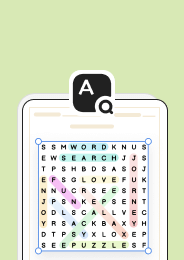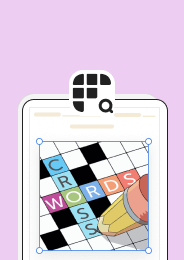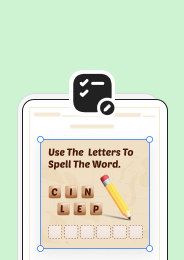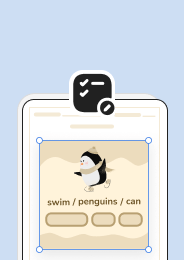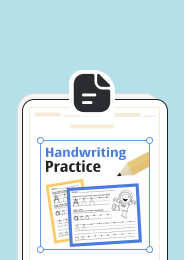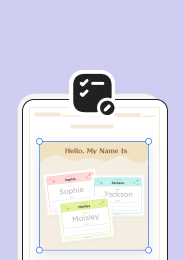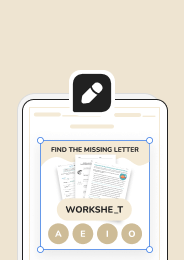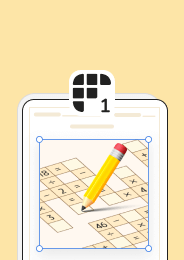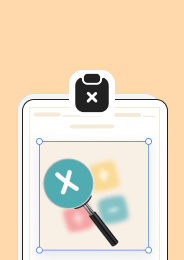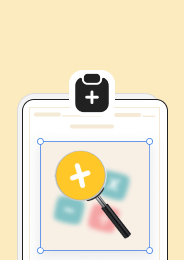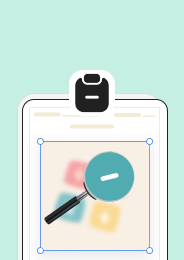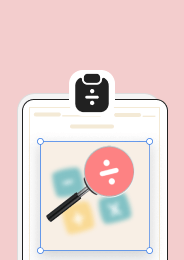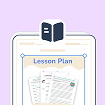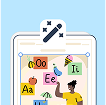Are your 4th graders groaning during reading time? You’re not alone. Reading comprehension is a vital skill for 4th graders, but keeping students engaged can be challenging. The secret? Turn reading practice into games! These activities make learning enjoyable while reinforcing comprehension, vocabulary, and critical thinking. Below, we’ll explore three highly effective reading games for 4th grade. Easy but effective games with free, printable reading activities – no prep required. Explore now!
Reading games for 4th grade
Making reading fun and interactive is key to keeping 4th graders engaged and improving their comprehension skills. These three reading games encourage critical thinking, collaboration, and creativity, perfect for transforming your reading lessons into exciting learning adventures!
1. Vocabulary detective
The Vocabulary Detective is a fun, interactive way for students to explore new words and use context clues to determine their meanings. With this game, you can:
- Engagingly expands students’ vocabulary.
- Strengthens comprehension by encouraging contextual analysis.
- Promotes collaboration and discussion.
Materials needed
- Vocabulary detective worksheet – A printable sheet including:
- Text excerpts with underlined words for students to analyze.
- A work detective worksheet with a word bank of new vocabulary words.
- A space for students to write their inferred meanings.
Download the Vocabulary Detective worksheet here for your lesson!

How to play
Step 1. Introduce the “Word Detective” Mission
- Distribute the worksheet to each student. Alternatively, display passages on the board for a whole-class activity.
- Model the process: Read the first sentence aloud and show how to identify the word meaning based on the context clues (Reinforce this skill with our engaging context clues worksheets that help students practice inferring word meanings using surrounding text). Show students how to fill out the example on their worksheet.
Step 2. Teamwork time
- Divide students into detective teams (3-4 per group).
- Assign each team a paragraph or section of the passage.
- Each team has to find the bolded words in their sections.
- Discuss clues: Underline context hints (e.g., synonyms, descriptions).
- Use context clues to infer its meaning and write it on their worksheet.
- Solve the mystery: Students write their best guess for each word’s definition on their worksheet.
Step 3. Review and class share-out
- Teams present their words and reasoning.
- Encourage students to explain how they figured out the meaning based on the sentence.
- Award points for correct answers and insightful explanations.
Help students move beyond vocabulary to text analysis using our Cause and Effect worksheets suited to Grade 4 learners.
2. Think-Alouds
Think-alouds encourage students to verbalize their thought processes while reading. This method helps them become more aware of comprehension strategies and boosts their ability to analyze texts. By bringing this fun and insightful game to your classroom, you will:
- Encourages metacognition (thinking about thinking).
- Help students make connections between ideas.
- Improves comprehension and retention.

Download the worksheet for the Think-Alouds concept here!
Materials needed
- A selection of short grade-appropriate passages or stories: Choose short, grade-appropriate texts that encourage discussion.
- Printable reading comprehension worksheet that includes:
- A space for students to write their thoughts while reading.
- Questions like “What do you predict will happen next?” and “What does this remind you of?”
- A section for students to summarize their reflections.
How to play
Step 1: Introduce the Think-Aloud strategy
- Start by explaining what a think-aloud is.
- Model the process by reading a sentence aloud and pausing to share your thoughts.
Step 2. Hand out the reading worksheet
- Distribute the Think-Aloud worksheet to each student.
- Choose a passage and read it aloud to the class.
- Pause after a few sentences and ask students to write down their thoughts using the guided questions.
Step 3: Partner up and practice
Pair students and have them take turns reading while verbalizing their thoughts.
- One student reads aloud while pausing to share their thoughts.
- The other student listens and responds
- Switch roles and repeat the process.
Tips to make it more fun:
- Give students highlighters or sticky notes to mark interesting words or ideas.
- Allow students to act out emotions while reading to bring the story to life!
Step 4: Class discussion and reflection
- Bring the class together to discuss their insights.
- Wrap-up activity: Have students write a summary of what they learned about the story and how think-aloud helped them understand it better.
3. Mastering figurative language
Figurative language, such as metaphors, similes, and onomatopoeia, adds color and depth to writing, making it more exciting and imaginative. By playing the figurative language game, students will:
- Expand their vocabulary with vivid language.
- Sharpen their critical thinking by interpreting deeper meanings.
- Improves comprehension by recognizing implied meanings.
Materials needed
- A worksheet with examples of different types of figurative language

Download these Figurative Language cards for your students!
- A worksheet for figurative language exercises, for example:
- Matching activity – Pair figurative phrases with their meanings.
- Identification challenge – Find and label metaphors, similes, and more.
- Creative writing task – Create unique metaphors and similes.
How to play
Step 1: Introduce different types of figurative language
Explain the most common types with examples. Use the worksheet with dynamic examples to engage students.
Step 2: Practice time
Distribute the worksheet and have students complete the matching and identification activities.
Step 3: Get creative
Challenge students to create their own figurative phrases and share them with the class.
Step 4. Share and reflect
- Have students share their creative sentences with a partner or the class.
- Discuss how figurative language makes writing more interesting and vivid.
- Encourage students to look for figurative language in books they read.
FAQs
1. How can I help my 4th grader with reading?
Helping your child develop strong reading skills requires consistency and engagement. Here are some simple yet effective ways to support their learning:
- Encourage daily reading (20–30 minutes) with books they enjoy. Read aloud together to improve fluency.
- Ask open-ended questions to boost comprehension
- Use worksheets for skills like inference and sequencing.
- Try audiobooks to introduce advanced vocabulary.
- Make reading practical by using recipes, instructions, or signs.
- Start a mini book club to make reading social and fun.
2. How to make reading learning fun for 4th graders?
Try these engaging strategies to make reading enjoyable:
- Gamify it and you can see the big difference!
- Use engaging activities like think-aloud, figurative language challenges, and vocabulary hunter games.
- Incorporating reading games with printable worksheets makes lessons interactive and effective.
- Act out scenes from books to bring stories to life.
- Leverage technology with reading apps, quizzes, and audiobooks.
- Encourage creativity with comic strips, crafts, or rewriting endings.
- Set reading challenges with fun rewards to motivate progress
Final thoughts
Boosting reading comprehension does not have to mean dull drills. With several reading games for 4th grade, you can transform comprehension practice into laughter-filled learning. Remember to utilize the above-suggested games and printable worksheets. You can also explore more ideas and Reading Worksheets for 4th Grade on WorksheetZone to enhance your lessons. Start engaging your students today!


